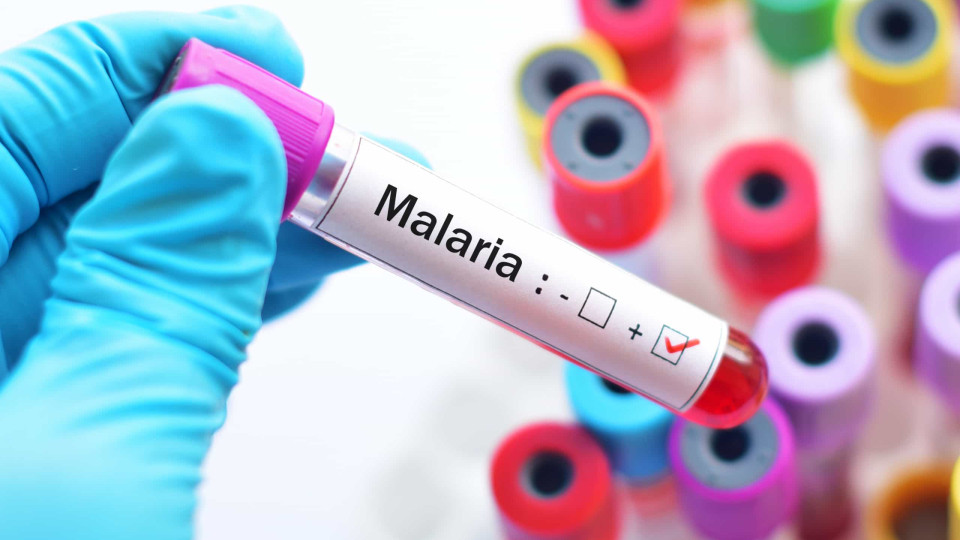Malaria is a disease of poverty that could be controlled with resources
The availability of sufficient resources would allow us to control, if not even eradicate, malaria in Africa, where 94% of cases are recorded and 95% of deaths occur, the parasitology specialist Henrique Silveira told Lusa.

© Shutterstock

Mundo Malária
The researcher from the Institute of Hygiene and Tropical Medicine (IHMT) was speaking about World Malaria Day, which is marked on April 25.
The latest report from the World Health Organization (WHO) on this disease indicated that, in 2022, there were 249 million cases of malaria worldwide, five million more than in 2021. Of these five million, 3.2 million occurred in African countries: Uganda (0.6 million), Nigeria (1.3 million) and Ethiopia (1.3 million). The remaining cases occurred in Papua New Guinea (0.4 million) and Pakistan (2.1 million).
"About 15 years ago, the numbers started to fall more or less steadily, although not as much as we wanted. Due to several factors, such as the distribution of mosquito nets, treatments with artemisinin-based combination therapies, greater involvement of countries and health systems, there was an overall global improvement," he said.
However, after the emergence of covid-19, "there was a redirection of resources, the urgency became other things and malaria suffered a bit and, in the last two or three years, it started to increase".
"It is our duty not to forget malaria and to refocus on previous successes, in order to continue this path of decreasing numbers," he defended.
Regarding the resources available to combat this disease, Henrique Silveira has no doubts that, if these were sufficient, "the scenario would be completely different".
And he recalled that malaria was once practically global and it was possible to eradicate it, namely in the European Mediterranean basin.
"If there were unlimited resources, it would be possible, if not to eliminate, at least to keep malaria under control in many places that today have very high numbers," he stressed.
Regarding the high prevalence in Africa, the specialist states that it is due to several factors, such as the presence of the mosquito, the presence of infected people and ideal conditions for transmission.
"With deficient health systems, where it is not possible to diagnose all people with malaria symptoms in a timely manner, and there is also no treatment for all people, it is difficult to control," he said.
And he observed: "It is not for nothing that malaria is one of the diseases of poverty".
The specialist also said that, in addition to the two vaccines approved by the WHO, there are dozens of candidate malaria vaccines.
"These vaccines are good, although they are not highly effective. Alone, they will not serve as a single measure in the fight against malaria, but they are important tools for reducing cases and, together with other measures, such as the use of mosquito nets and vector control, will be a key to eradicating malaria," he said.
The incidence of malaria and mortality rates have increased worldwide following disruptions in disease control services during the covid-19 pandemic.
In 2019, before the pandemic, the number of cases worldwide was 233 million (249 million in 2022).
The number of malaria deaths in 2022 (608,000) was also higher than in 2019 (576,000).
Read Also: Mozambique introduces malaria vaccine and immunizes 600,000 children (Portuguese version)


Descarregue a nossa App gratuita.
Oitavo ano consecutivo Escolha do Consumidor para Imprensa Online e eleito o produto do ano 2024.
* Estudo da e Netsonda, nov. e dez. 2023 produtodoano- pt.com






